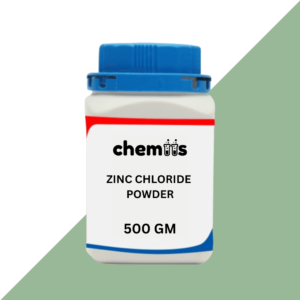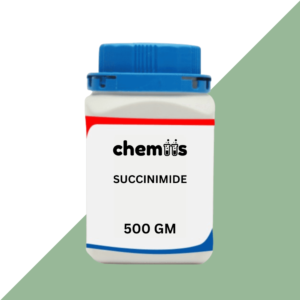Potassium silicate (K₂SiO₃) is a water-soluble alkaline silicate compound widely used in agricultural, industrial, and construction applications. Known for its excellent binding, corrosion-inhibiting, and fire-resistant properties, potassium silicate serves as an eco-friendly solution for enhancing durability and providing essential silicon and potassium nutrients in various processes.
Applications
- Agriculture
- Plant Nutrition:
- Supplies silicon and potassium, vital nutrients for plant growth.
- Strengthens plant cell walls, increasing resistance to pests, diseases, and environmental stresses.
- Soil Conditioning:
- Improves soil structure and reduces susceptibility to salinity.
- Enhances water retention and nutrient availability.
- Plant Nutrition:
- Construction Industry
- Binders and Adhesives:
- Used in the formulation of cements, mortars, and grouts.
- Enhances durability and water resistance in concrete structures.
- Fireproofing Material:
- Acts as a fire-retardant coating in buildings and construction materials.
- Binders and Adhesives:
- Industrial Applications
- Anti-Corrosion Coatings:
- Protects metals and surfaces from rust and chemical damage.
- Welding Rods:
- Used as a flux binder in welding electrode production.
- Anti-Corrosion Coatings:
- Water Treatment
- Controls scaling and corrosion in water systems.
- Improves water quality by balancing pH levels.
- Paints and Coatings
- Binder in Silicate Paints:
- Provides durability, weather resistance, and non-flammability.
- Anti-Fungal Properties:
- Prevents microbial growth on painted surfaces.
- Binder in Silicate Paints:
- Ceramics and Glass
- Acts as a flux in the production of specialty glasses and ceramic products.
- Enhances strength and clarity in glass formulations.
Safety and Handling
- Hazards:
- Strongly alkaline; can cause skin and eye irritation or burns.
- Harmful if inhaled or ingested.
- May react with acids to release heat and gases.
- Precautions:
- Use appropriate personal protective equipment (PPE), such as gloves, goggles, and protective clothing.
- Ensure proper ventilation when handling in confined spaces.
- Store in a cool, dry place away from acids and incompatible materials.
- First Aid:
- Eye Contact: Flush eyes with water for at least 15 minutes and seek medical attention.
- Skin Contact: Wash thoroughly with soap and water. Seek medical advice for irritation or burns.
- Inhalation: Move to fresh air and consult a doctor if symptoms persist.
- Ingestion: Rinse mouth with water; do not induce vomiting. Seek immediate medical help.








Rahul Verma (verified owner) –
Very satisfied with the product.
Jyoti Sharma (verified owner) –
Consistent on every order.
Meera Kapoor (verified owner) –
Items exactly as ordered.
Jayant Mishra (verified owner) –
User-friendly website.
Snehal More (verified owner) –
Smooth ordering process.
Nilesh Jadhav (verified owner) –
Excellent online store.
Jyoti Sharma (verified owner) –
Fast and accurate delivery.
Amarjeet Singh (verified owner) –
Perfect for my needs.
Prateek Saxena (verified owner) –
Crystal clear instructions.
Deeksha Iyer (verified owner) –
Fast response to queries.